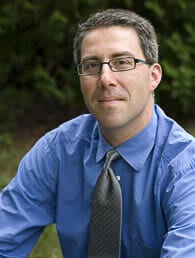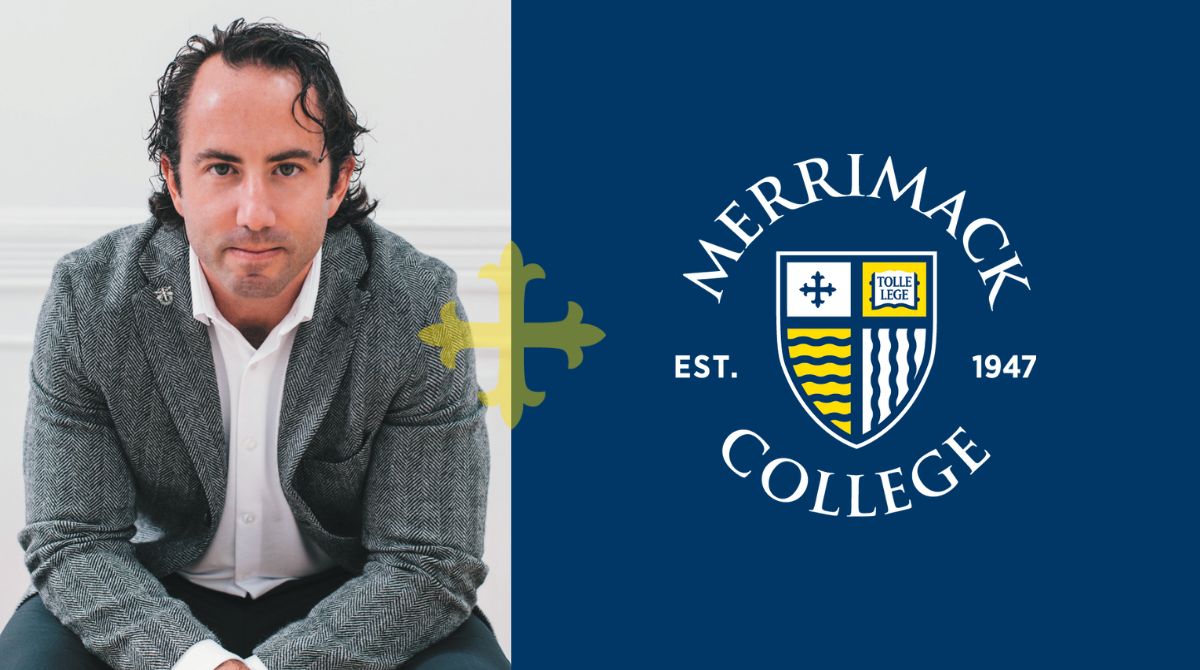Butin is working with the Massachusetts Institute of Technology’s Online Education Policy Initiative (OEPI) to learn just how much online learning will change instruction.
The OEPI is made up of a core group of faculty and researchers from MIT with an external advisory board of experts in academia, including Butin, nonprofits and policy groups.
It’s in the second year of a two-year study that is expected to release a report in early 2016 offering policy recommendations on the future of education. Those recommendations will be shared through lectures, white papers, and briefings with key national policy makers.
The OEPI is studying the impact of online learning in colleges and universities from a policy perspective, according to its website. It’s exploring teaching pedagogy, institutional models, and global educational engagement strategies.
It’s goal is to start public discussion about online learning and create a welcoming environment for educational innovation, the website said.
An alumnus of MIT, Butin was already researching how new technologies are impacting the ways colleges and universities teach students; and how to use massive open online courses (MOOCs) to further the mission.
Butin believes that rather than spelling doom for residential colleges and universities, MOOCs offer an opportunity for better instruction and learning.
Arizona State University recently announced its students can take a full slate of MOOC-style freshman classes without ever stepping on campus. While possibly reducing the revenue gained from residential students, ASU also has the opportunity to attract a large audience of potential students who want to continue – on campus – for their sophomore, junior, and senior year, Butin said.
MOOCs can also cut salary costs for schools that will only need one superstar lecturer who can attract students, rather than having multiple sections with different professors.
Harvard political philosophy professor Michael Sandel is a great example of a star lecturer. He teaches the popular course Justice but enrollment was limited to capacity of a lecture hall until a MOOC opened the doors to thousands of students, Butin said.
So how can Merrimack, MIT and other residential schools remain relevant?
The answer is what Butin calls deep learning.
In the “flipped classroom” model, students will be able to go to YouTube – or elsewhere online – for lecture material. Then they’ll attend labs or classes for deeper learning that includes the back-and-forth exchange of ideas that’s often lost when instructors need to spend time on lectures.
“Flipped classrooms are becoming pretty popular,” Butin said. “And online learning, is almost certain to make the classroom lecture model of teaching obsolete within five years.”
The flipped classroom model could help the sciences where there’s a 40 percent dropout rate, Butin said. Students get bored in their first couple years when all their courses are lectures, and they end up looking for other majors, but online courses and flipped classrooms will speed the hands-on learning to stimulate students.
“The argument that I’m making is, you don’t need teachers if you think education is just lecturing,” Butin said. “But I want to argue, and the committee wants to argue, that’s not education.”
Merrimack is the only small college on the OEPI and Butin believes he can bring its best ideas back to North Andover. “Merrimack College has a chance as a small liberal arts college to be a model of how to do it right,” Butin said.





